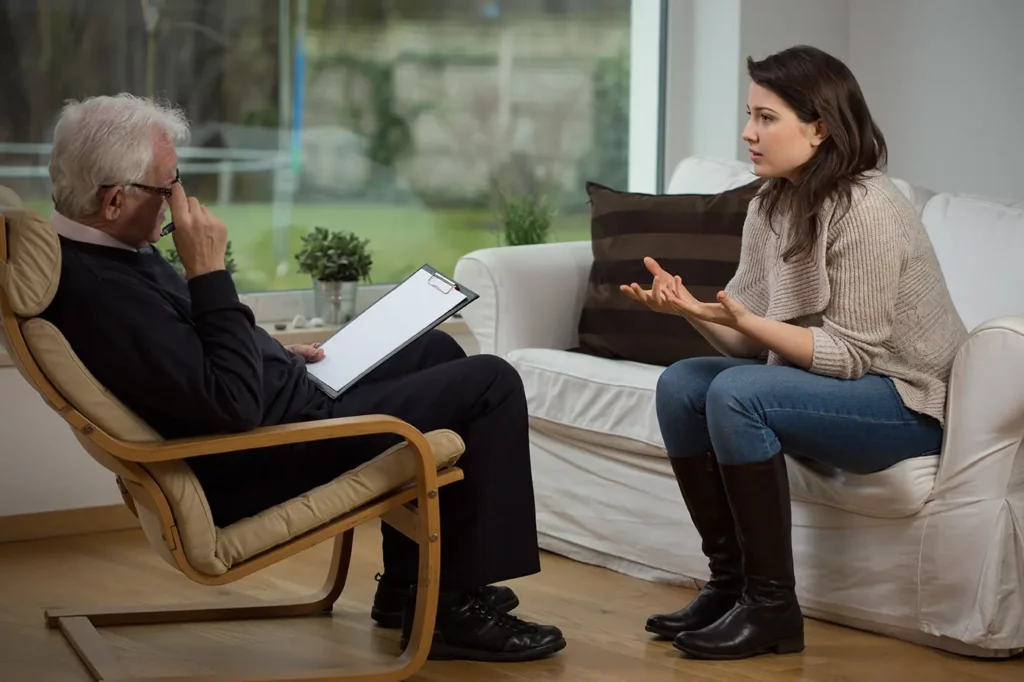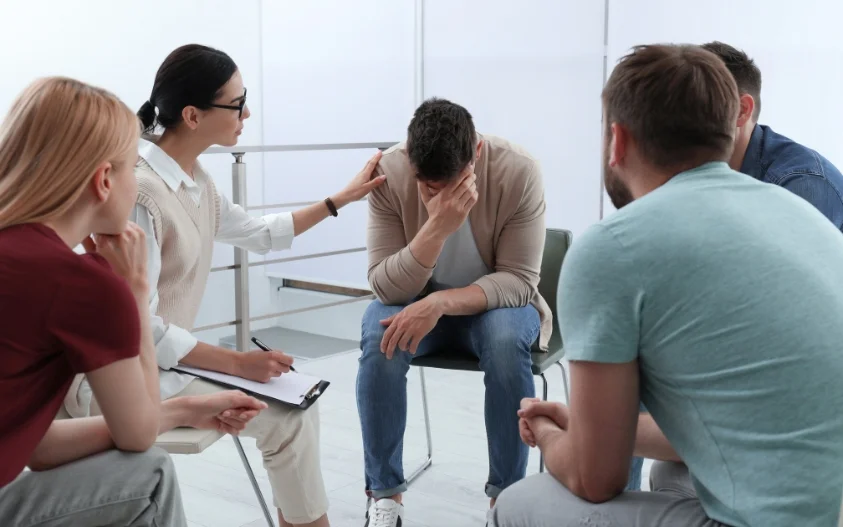24/7 Helpline:
(866) 899-221924/7 Helpline:
(866) 899-2219
Learn more about PTSD Treatment centers in Galt
PTSD Treatment in Other Cities

Other Insurance Options

Cigna

Private insurance

GEHA

MVP Healthcare

UnitedHealth Group

Medical Mutual of Ohio

State Farm

Ambetter

Horizon Healthcare Service
Beacon

Group Health Incorporated

Choice Care Network

WellCare Health Plans

WellPoint

ComPsych

BlueCross

Covered California

Sutter

MHNNet Behavioral Health

Lucent




















